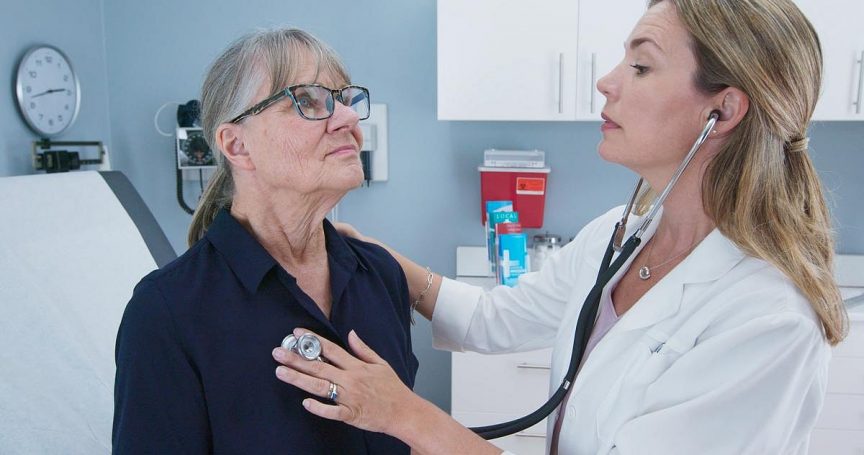Likelihood of hospitalization twofold higher compared with general population, similar to patients with myocardial infarction
By Elana Gotkine HealthDay Reporter
FRIDAY, March 28, 2025 (HealthDay News) — Patients with takotsubo syndrome have increased risk for rehospitalization compared with the general population, according to a research letter published online March 25 in the Annals of Internal Medicine.
Amelia E. Rudd, from the University of Aberdeen and NHS Grampian in the United Kingdom, and colleagues examined the incidence and causes of all subsequent hospital readmissions affecting patients with takotsubo syndrome in a cohort study. Unselected cases of patients with takotsubo syndrome (620 patients) were matched to control participants, selected based on age, sex, and geographic location from the Scottish general population (2,480 controls), and to patients with acute myocardial infarction (620 patients).
Of the 12,873 hospitalizations, the incidence rate of hospital readmissions was 743, 365, and 750 per 1,000 person-years for patients with takotsubo syndrome, controls from the general population, and patients with myocardial infarction, respectively. Patients with takotsubo syndrome were twice as likely to be hospitalized for any cause (hazard ratio, 1.96) and especially for cardiovascular causes, such as myocardial infarction, heart failure, or arrhythmia, compared with the general population. Excess admissions were seen for mental health, stroke, pulmonary, neurologic, infectious, gastrointestinal, and peripheral vascular disease causes. Patients with takotsubo syndrome had lower admission rates for myocardial infarction, heart failure, and arrhythmia but similar admission rates for stroke and mental health compared with those with myocardial infarction.
“This highlights these patients’ increased vulnerability and a need for better discharge advice, clinical follow-up, and a focused search for therapeutic strategies directed to the specific pathophysiology of this condition,” the authors write.
Copyright © 2025 HealthDay. All rights reserved.

